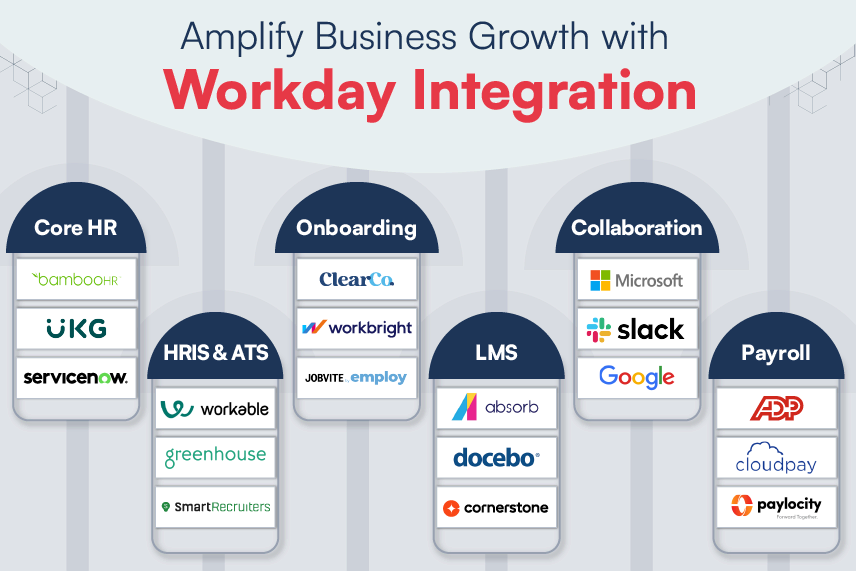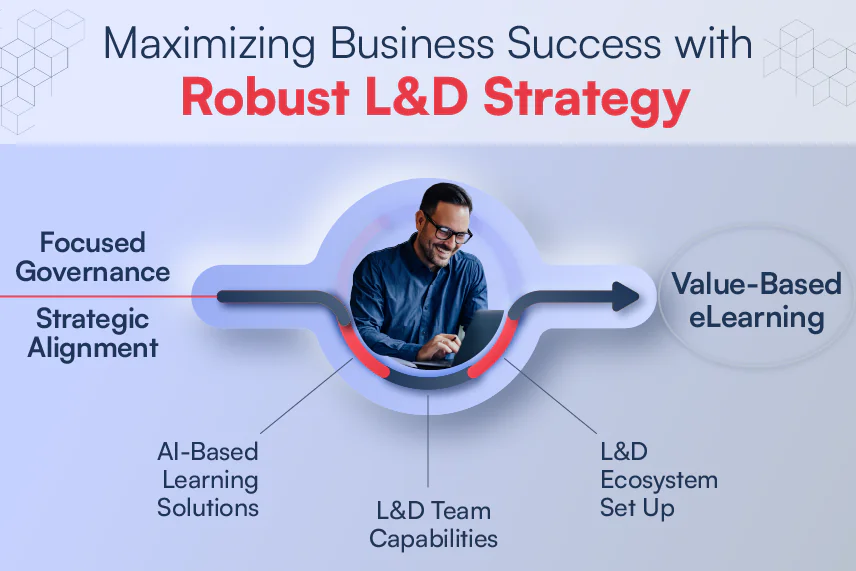
Recently, I was communicating with a CTO about outsourcing.
“I agree, outsourcing will not just help us save costs, but also bring a lot of value”, he said. “But my CEO had a bad experience with outsourcing in the past, and he just doesn’t want to risk it again,” he rued.
Is this something that you have heard more often than not? Outsourcing, while it has helped multiple organizations across the world, has also a sizable number of people against it, mostly due to prior bad experiences.
“We don’t outsource anything,” would be a common rhetoric. But is that 100% correct?
Outsourcing has always been around – farmers grew vegetables, blacksmith forging the irons, domestic help for household chores and so on. After the Industrial Revolution, a lot of our work has already been outsourced. We have our bread made in bakeries, our clothes get cleaned at the laundry, and the list is never-ending. And what about children’s education? Don’t we send them to school?
Effectively, outsourcing is taking help of an external person / organization to do some work which we could have done ourselves, but are not in a position to do for a number of reasons. Of course, when we outsource, we expect that there will be some returns for us, either in terms of cost saving or giving us more bandwidth to do activities which are higher priority for us.
So, is outsourcing really as bad as it is made out to be?






